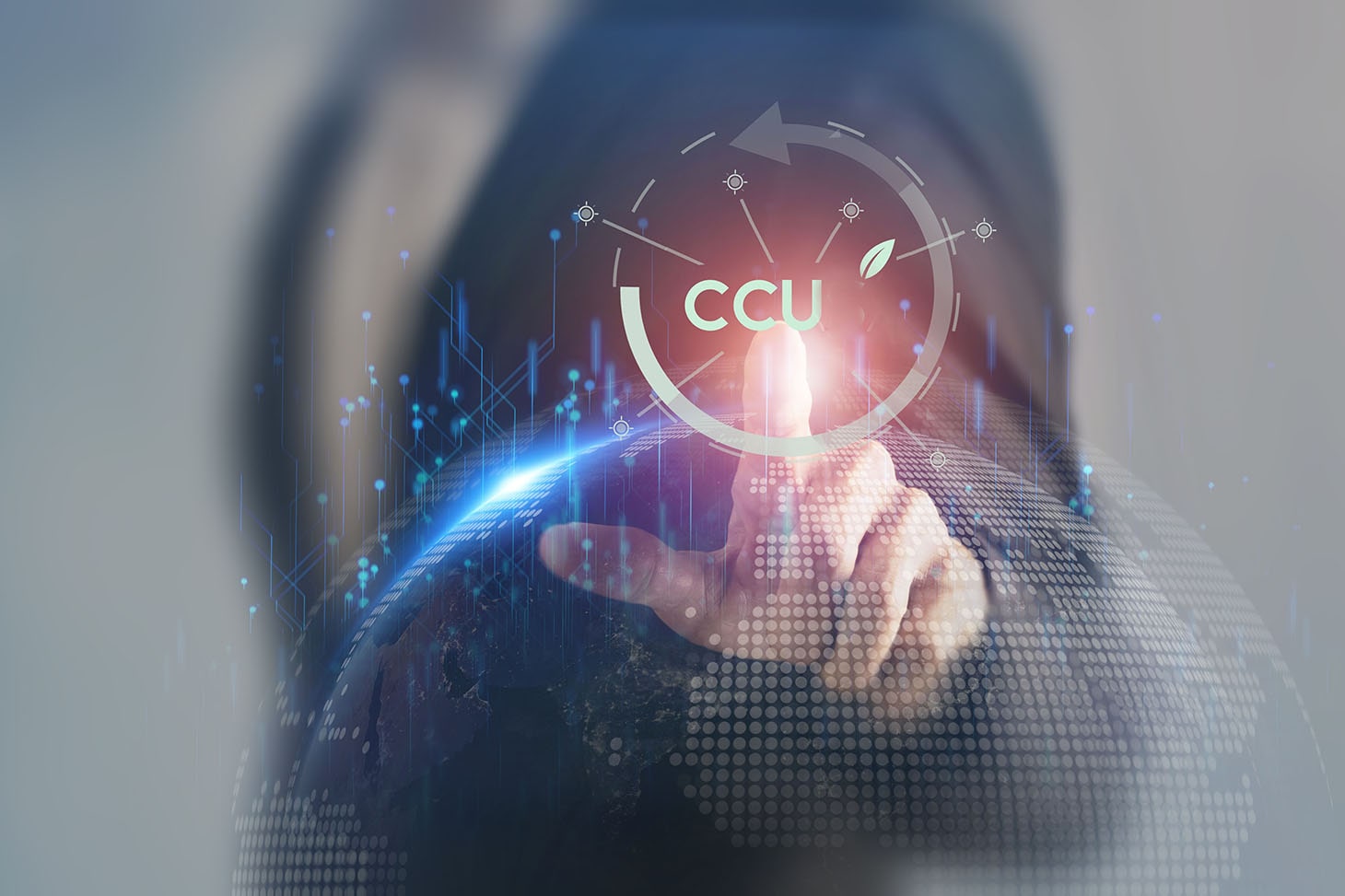- Share
- Share on Facebook
- Share on X
- Share on LinkedIn
How DefiCO2 will contribute to find solutions to these issues
Capturing CO2
Taking advantage of the expertise of different DefiCO2 research teams, we want to develop innovative concepts based on the CO2 adsorption properties of nanoporous materials and aqueous foams, and on bioinspired approaches with the use of carbonic anhydrase mimics. A further step will be accomplished by combining these assemblies with catalytic CO2 conversion systems to produce demonstration prototypes capable of producing fuels or commodity chemicals.
Transforming CO2
Grenoble is recognized as a national and international leader in the field of bio-inspired chemistry, in particular for the development of catalysts and metal-based molecular materials designed to reduce CO2 by photo- or electrochemical processes. DefiCO2 thus proposes to design and optimize catalytic systems with low energy costs, high selectivity, and low environmental impact. In addition, we aim to overcome scientific and technological bottlenecks in the scale-up of the most mature technologies for CO2 utilization developed in "Université Grenoble Alpes" (UGA) laboratories to produce demonstration prototypes.
Evaluating the environmental impact
The project aims to develop technologies that would capture atmospheric CO2, but it is essential to verify that the life cycle encompassing these technologies actually imply a reduction in CO2 concentrations! For example, if the manufacturing of the said technologies emits more greenhouse gases than they will capture − which can be verified thanks to a Life Cycle Assessment (LCA) − this would mean that they are not efficient enough and should therefore be improved or discarded before their industrialization. An impact of this project for the Grenoble community will be to gain competence in this area, which will give us a competitive advantage in the necessary development of this type of technology.
Debating sociotechnical and economic visions
One of the main challenges of this multidisciplinary project is also to propose deliberation processes allowing to share of knowledge and uncertainties on the benefits and impacts of these technologies (integrated into complex socio-technical systems) and to involve the various parties concerned in the decisions of technological and industrial policies. The research will be able to highlight the difficulties and biases in these deliberation processes, in particular in the formulation of scenarios and the identification of economic and environmental impacts.

Objectives
More specifically, the main objectives of DefiCO2 are
- exploitation of bacteria and microalgae for the production of biofuels and bio-sourced molecules
- use of natural and artificial enzymes for Carbon monoxyde (CO) or syngas production, methanation and carbonation reactions
- elaboration and optimization of innovative materials for the photo/electro-catalytic reduction of CO2
- development of high-temperature electrolysers
- socio-economic study to orient the experimental research projects and to make a technical-economic comparison of the various technologies
- understanding of the societal debate on Carbon Capture and Utilization (CCU) technology
- contribution to the definition of the public policy of CCU development.
- Share
- Share on Facebook
- Share on X
- Share on LinkedIn